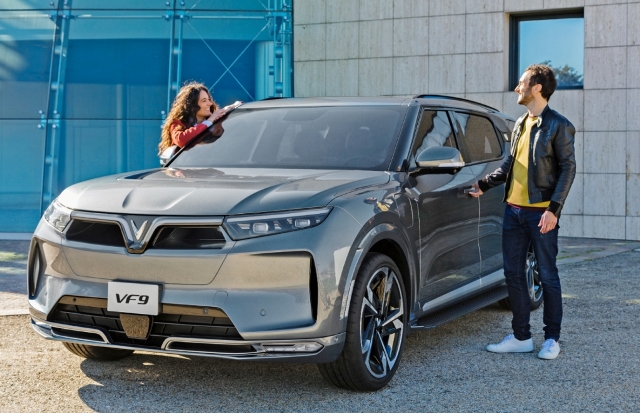European Commission investigators are gearing up to scrutinize Chinese automakers in the weeks ahead, according to a recent Reuters news report.
This investigation is part of a larger probe initiated in October, spanning 13 months, aimed at assessing whether punitive tariffs should be imposed to safeguard European electric vehicle (EV) manufacturers.
The inspectors are set to visit prominent Chinese automakers, including BYD, Geely, and SAIC, as part of their verification work. Notably, non-Chinese brands produced in China, such as Tesla, Renault, and BMW, will not be subject to inspections.
The probe seeks to ascertain whether Chinese-made EVs benefit unfairly from state subsidies, a claim contested by China, which has labeled the investigation as protectionist, escalating tensions between Beijing and the European Union.
As of now, the European Commission, China’s commerce ministry, BYD, and SAIC have not provided immediate comments in response to requests. Geely, while declining to comment, referenced its October statement affirming compliance with all laws and support for fair global market competition.
The verification visits are focused on on-site inspections to verify the accuracy of the responses given by automakers to questionnaires. According to European Commission documents, the probe is in its “initiation stage,” with verification visits slated to conclude by April 11.
In a retaliatory move, China recently initiated an anti-dumping investigation on brandy imported from the European Union, seen by many as a targeted response, especially against France, a supporter of the EV probe. Prominent Chinese EV models exported to Europe include SAIC’s MG and Geely’s Volvo.
Chinese-made vehicles currently account for 8 percent of the European Union’s EV market, and this figure is anticipated to rise to 15 percent by 2025. These Chinese-made EVs are typically priced 20 percent lower than their EU-manufactured counterparts.
In October, China’s Great Wall Motor asserted that it was the first automaker to submit responses to the EU subsidy investigation. Against the backdrop of strained relations, factors like Beijing’s strengthened ties with Moscow following Russia’s invasion of Ukraine contribute to the EU’s efforts to reduce dependence on China, especially for materials crucial to its green transition.
Simultaneously, Chinese EV manufacturers, including industry leader BYD and smaller players like Xpeng and Nio, are intensifying efforts to expand overseas as domestic competition grows and local growth slows. Sales to Europe have become a priority for many Chinese automakers.
Highlighting China’s prowess in the automotive sector, a recent report from a Chinese auto association indicates that China likely surpassed Japan as the world’s largest auto exporter last year. The country reportedly shipped 5.26 million vehicles valued at approximately $102 billion, underscoring its significance in the global automotive landscape.

